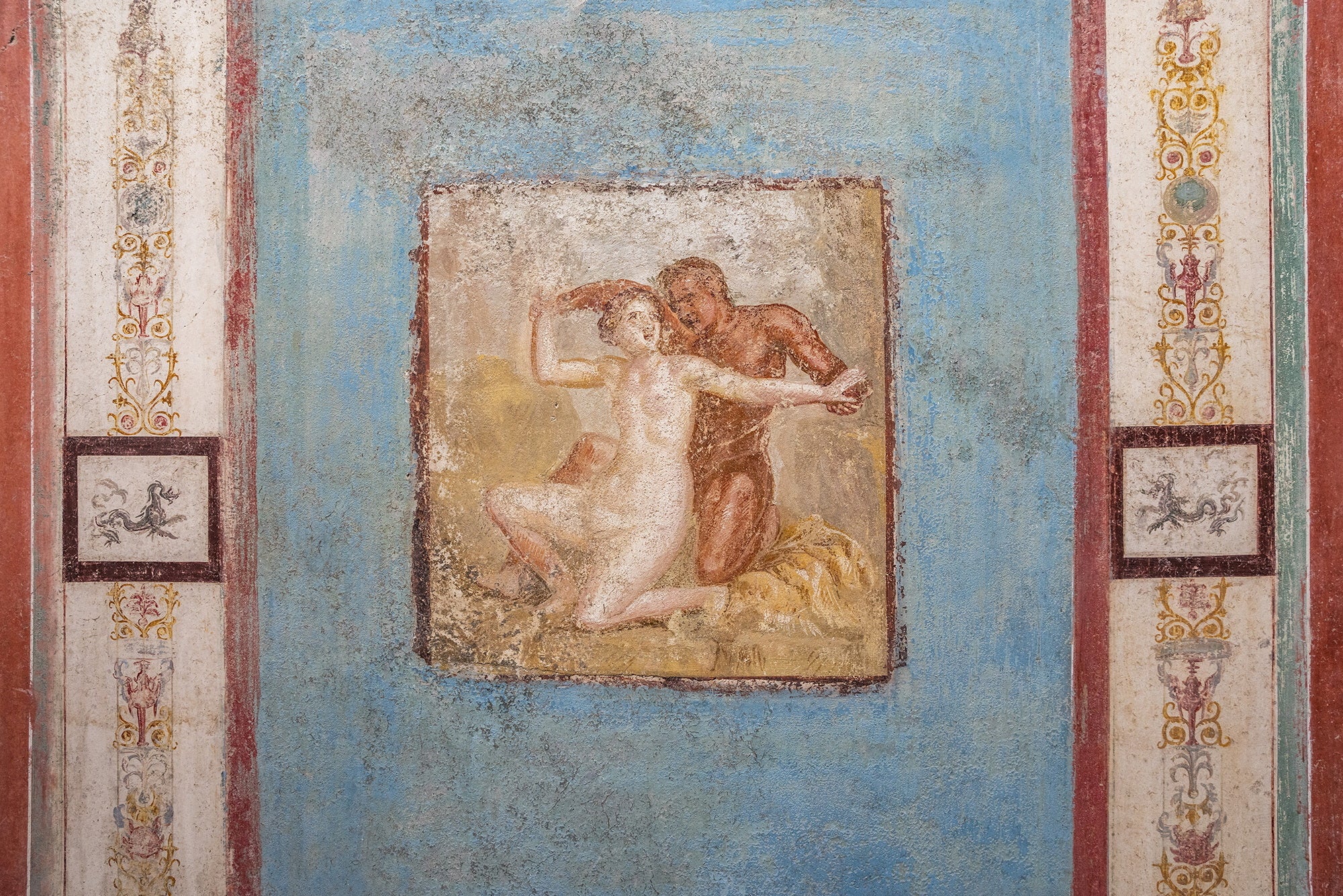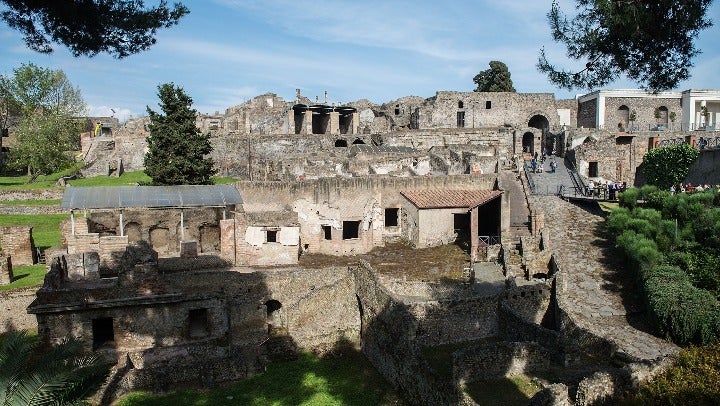The Roman archaeological site of Pompeii will limit the number of daily visitors to the site after a steep rise in visitors.
The Pompeii archaeological park plans to limit visitor numbers to 20,000 a day and introduce personalised tickets starting next week.
It comes after a record high 36,000 tourists visited the site on the first Sunday of October, when entry was free, according to local media.
The ancient Roman city in southern Italy was buried under ash and rock following the eruption of Mount Vesuvius in 79 AD.
Nearly four million people visited the main Pompeii site in 2023, a third more than the previous year, according to authorities.

Visitor counts had been climbing in the run up to the 2020 pandemic and in 2023 were above pre-Covid levels.
In October 2024, there were more than 480,000 visitors, putting the average at about 15,500 a day. The busiest month so far this year was May, when about 517,000 people visited, or some 16,700 a day.
“We are working on a series of projects to lift the human pressure on the site, which could pose risks both for visitors and the heritage that is so unique and fragile,” the park’s director Gabriel Zuchtriegel said.
The park’s management is also trying to attract more tourists to visit other ancient sites connected to Pompeii by a free shuttle bus under the “Greater Pompeii” project, including Stabia, Torre Annunziata and Boscoreale sites.
“The measures to manage flows and safety and the personalisation of the visits are part of this strategy,” Mr Zuchtriegel said.

“We are aiming for slow, sustainable, pleasant and non-mass tourism and above all widespread throughout the territory around the Unesco site, which is full of cultural jewels to discover,” he added.
Post-pandemic, the influx of millions of visitors to tourist-strewn towns has, in some cases, risen to levels above those seen in 2019.
Too much tourism threatens to disrupt residents and natural ecosystems, and contribute to transport pollution.
The city was devastated by the eruption of Mount…
Click Here to Read the Full Original Article at The Independent Travel…
